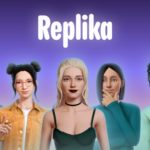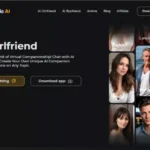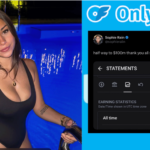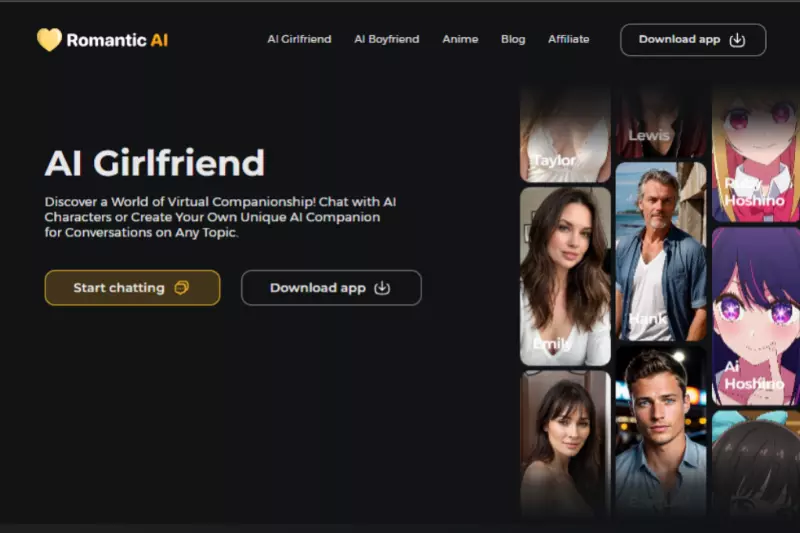Today Top News
Today Trending Stories
Editor Choice
More News

PNLYFANS: The Ultimate Platform for Creators...
Table of Contents Introduction What is PNLYFANS? How PNLYFANS Works Creating an Account on PNLYFANS Monetizing Content on PNLYFANS Types of Content on PNLYFANS Strategies…
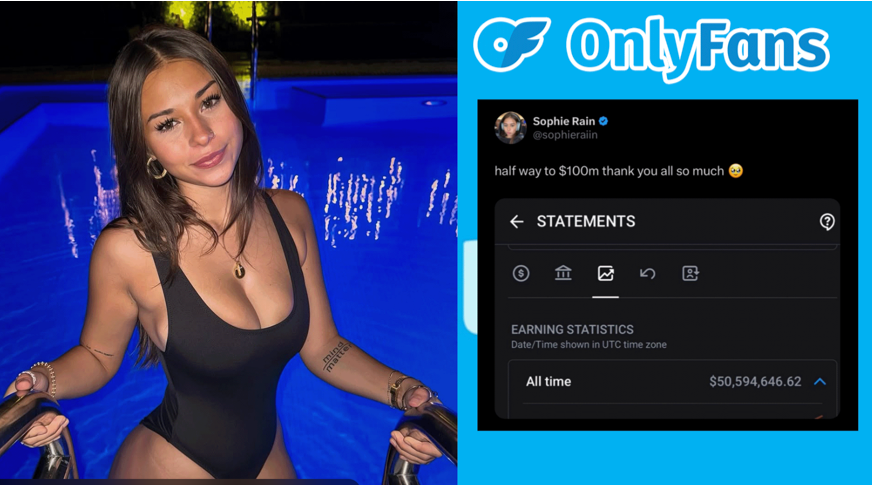
Sophie Rain: The 21-Year-Old OnlyFans Sensation
Sophie Rain, a 21-year-old OnlyFans creator, has taken the online world by storm. Known for her authenticity, entrepreneurial spirit, and record-breaking earnings, Sophie has become…

OnlyFabs: The Ultimate Platform for Creators...
Table of Contents Introduction What is OnlyFabs? How OnlyFabs Works Creating an OnlyFabs Account How Creators Make Money on OnlyFabs Types of Content on OnlyFabs…
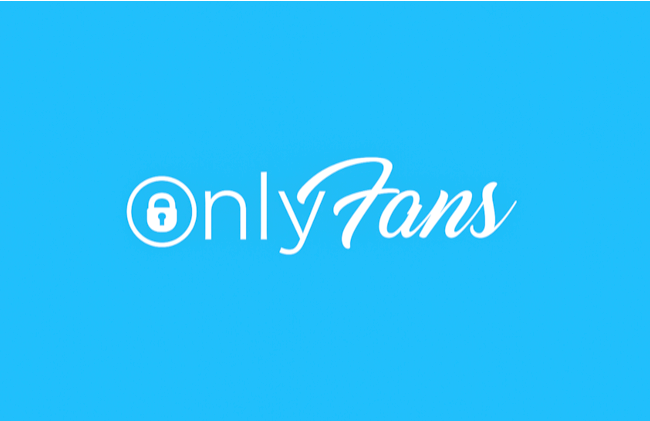
OnlyFans.com: A Platform Overview, Opportunities, and...
In the digital age, content creation has become a lucrative career option for millions of people worldwide. Platforms like YouTube, Patreon, Instagram, and TikTok have…

Selfish and Fake Relationships: Quotes and...
Relationships are meant to be bonds of trust, love, and mutual respect. However, in reality, not every relationship is genuine. Some are selfish, one-sided, or…




